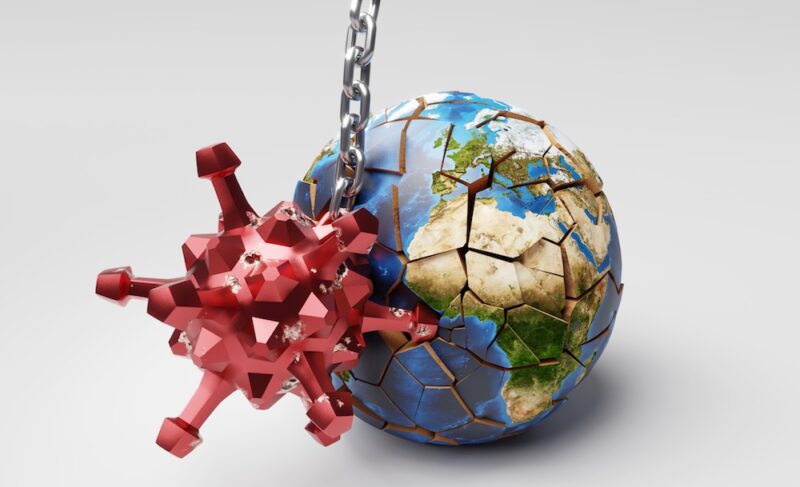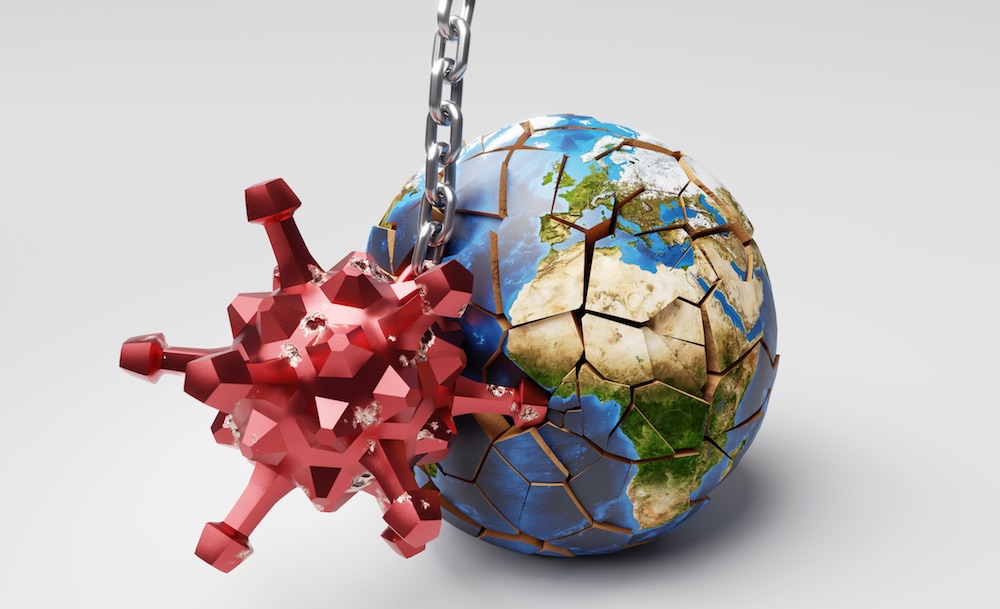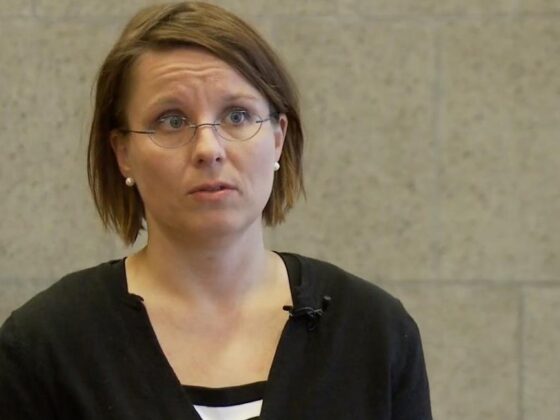The European Cancer Organisation has proposed seven urgent recommendations to ‘build back cancer services better’ after the ongoing challenges resulting from the Covid-19 pandemic. ‘The Impact of COVID-19 on Cancer in Europe’, launched during the European Cancer Summit on the 18th November, aims to rectify the devastating impact that the virus has had on cancer services across Europe. The plan, targeting national governments, the European Union, and the World Health Organization, is intended to address concerns that, as a result of the pandemic, pre-existing inequalities in cancer care could widen.
“The 7-point plan that we propose must be implemented otherwise cancer will regrettably become the forgotten ‘C’ in the fight against Covid-19. And if that happens, we seriously risk a cancer epidemic across Europe, undoing in less than 10 months the progress we have made in cancer outcomes in the last decade,” explains Mark Lawler, co-chair of the European Cancer Organisation’s Special Network on Covid-19, and Professor of Digital Health at Queen’s University Belfast. The network, consisting of 25 members, was launched in July 2020 as an urgent response to address the impact Covid-19 was having on European health systems’ ability to provide cancer care.
Getting smarter with cancer data, adds Lawler, represents a major part of the group’s advice to governments. “If your data is 3, 6, or even 9 months old in some cases, it’s like trying to fight Covid-19 and cancer with one hand tied behind your back. There’s no excuse any more for not making our cancer data systems much more real time and data more available,” says Lawler.
Undoubtedly, Covid-19 has had a detrimental effect on cancer care delivery across Europe. Concerns highlighted in the plan include modelling studies predicting a risk of thousands of excess deaths in cancer patients due to disruptions such as cancer screening and early detection services being suspended, delays in provision of all cancer treatment modalities, and severe effects on clinical trial recruitment. It is feared that delays will lead to more patients presenting with advanced disease resulting in poorer outcomes.
The seven recommendations, unanimously supported by the European Cancer Organisation’s membership, are:
- Urgently addressing the diagnostic and treatment backlog caused by the pandemic. Recommendations include identifying innovative methods for maintaining delivery of screening programmes, creating pathways for cancer patient care that take into account the pandemic, and developing strategies for reducing bureaucratic burdens associated with clinical trials.
- Restoring the confidence of European citizens and patients in cancer health services. Recommendations include identifying the need for priority access to Covid-19 testing for cancer patients, separating out Covid-19 free cancer care centres from Covid-19 hospitals, and communication campaigns highlighting the critical need for patients with suspected cancer symptoms to visit healthcare professionals without delay.
- Tackling medicines, products and equipment shortages. Recommendations include enabling easy redistribution of medicines across European borders in case of emergency, and improving early warning systems and information-sharing between countries regarding medicine shortages.
- Addressing cancer workforce gaps across the European continent. Recommendations include encouraging sharing and uptake of best practices, and any redeployment of staff to meet Covid-19 needs being accompanied by appropriate assessments of the impact on cancer care.
- Employing innovation technologies and solutions to strengthen cancer systems and provide optimal care to cancer patients. Recommendations include health systems setting up strategies for appropriate use of telemedicine in cancer care, best practice sharing on use of telemedicine and independent research to generate robust evidence on appropriate use of telemedicine.
- Embed data collection and the rapid deployment of cancer intelligence to enhance policy delivery. Recommendations include ensuring timely access and deployment of real-time cancer data to underpin improved cancer service delivery and enhance cancer clinical research.
- Secure deeper long-term European health cooperation. Recommendations include the European Medicines Agency providing a stronger mandate to help countries manage pan-national medicine shortages, and national governments engaging in enhancing international healthcare cooperation.
The plan ends on a positive note, with the authors suggesting that ‘cataclysmic global events’, such as Covid-19, offer a real possibility to alert political leaders to the value of deepening mechanisms for international cooperation. They cite the example of the 1918 Spanish flu pandemic, from which emerged the Health Organisation branch of the League of Nations, the predecessor to what eventually became the World Health Organization.












